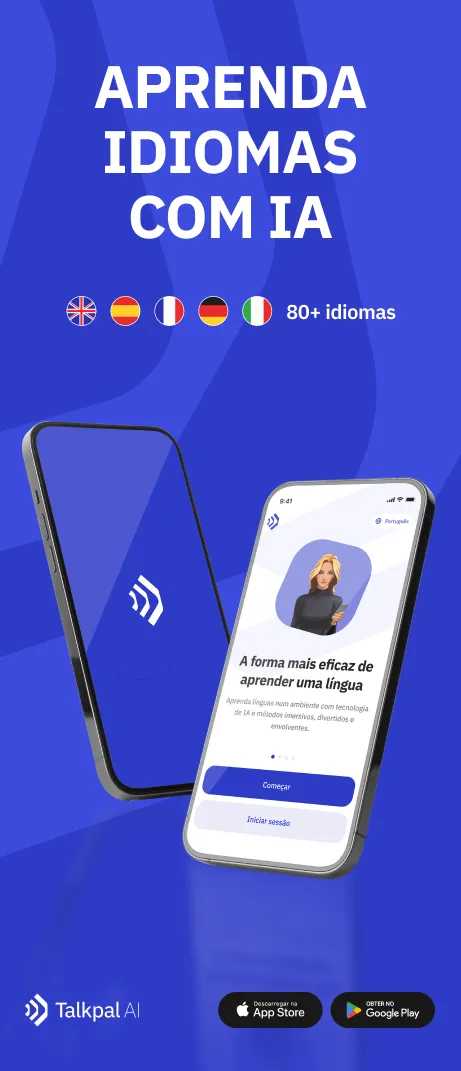Este exercício foi criado para testar seu conhecimento e ajudá-lo a praticar a diferenciação entre o Simple Past e o Past Perfect em inglês. Preencha as lacunas com o verbo correto no tempo adequado para aprimorar sua habilidade em usar essas estruturas gramaticais. Não se esqueça de aplicar todas as regras que aprendeu para identificar qual tempo verbal utilizar em cada sentença. Boa sorte!
Exercício 1: Preencha as lacunas com o Simple Past ou o Past Perfect.
By the time we arrived at the station, the train *(had already left)* [verb].
I *(saw)* [verb] that movie last night and it was amazing!
We *(had finished)* [verb] dinner by the time our guests arrived.
She *(met)* [verb] her best friend in 2003.
Before applying for the job, he *(had updated)* [verb] his resume.
The children *(were)* [verb] very tired after the long trip.
I didn’t know why he *(had left)* [verb] the party early.
When I turned on the TV, the show *(had started)* [verb] already.
They *(played)* [verb] soccer in the park yesterday evening.
She didn’t call me back because she *(had lost)* [verb] her phone.
After they *(found)* [verb] the missing document, they felt relieved.
I was sure I *(had seen)* [verb] that person before.
He *(told)* [verb] me about his trip to Mexico two days ago.
Before the twentieth century, no one *(had climbed)* [verb] Mount Everest.
The concert *(started)* [verb] at 7 pm sharp last night.
Exercício 2: Complete as frases com o Simple Past ou o Past Perfect.
Before the meeting *(had started)* [verb], I checked all the slides.
She *(felt)* [verb] really happy after she passed her exams.
By the time they *(realized)* [verb] the mistake, it was too late to fix it.
They *(had forgotten)* [verb] to bring their passports to the airport.
I couldn’t believe that she *(had never seen)* [verb] the ocean before.
After they *(completed)* [verb] the project, they went out to celebrate.
The dog *(had dug)* [verb] a huge hole in the garden by the time we got home.
She *(said)* [verb] goodbye before she left the house.
My sister *(bought)* [verb] a new car last month.
The movie *(had ended)* [verb] by the time I arrived at the cinema.
He *(forgot)* [verb] his wallet at the coffee shop yesterday.
I finally *(understood)* [verb] the math problem after she explained it to me.
The athletes *(had trained)* [verb] rigorously before the competition.
When she *(received)* [verb] the letter, she was overjoyed.
They *(were)* [verb] surprised when they discovered the truth.










